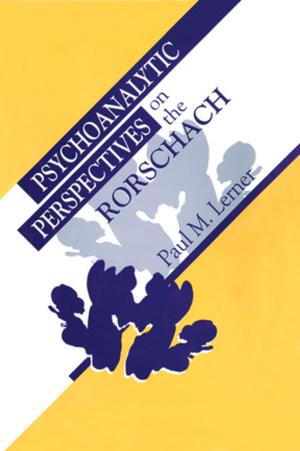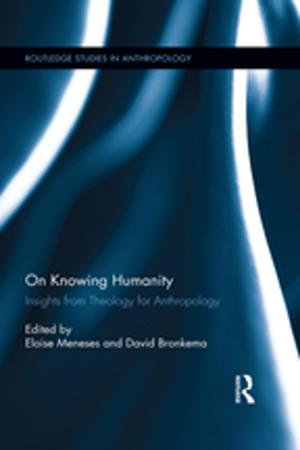Refractions of the Scriptural
Critical Orientation as Transgression
Nonfiction, Religion & Spirituality, Reference, Comparative Religion, Bible & Bible Studies, Criticism & Interpretation| Author: | ISBN: | 9781317243564 | |
| Publisher: | Taylor and Francis | Publication: | February 19, 2016 |
| Imprint: | Routledge | Language: | English |
| Author: | |
| ISBN: | 9781317243564 |
| Publisher: | Taylor and Francis |
| Publication: | February 19, 2016 |
| Imprint: | Routledge |
| Language: | English |
Refractions of the Scriptural is a transdisciplinary collection of essays that seeks to construct a new field of scholarly inquiry with scriptures as a fraught category, analytical wedge, and site for excavation and problematization. The book focuses on the ways in which individual and social bodies manipulate—and are manipulated by— the politics and power encoded in language and formalized canonical knowledge. Scriptures, in this sense, function as complex phenomena that are instrumental to social conservatism as well as social critique and social change. The essays in this volume, written by established and up-and-coming scholars across a wide range of disciplines, seek to locate, engage, and interpret the ways in which the scriptural shapes and reshapes people and the dynamics of identity formation. The chapters are organized around four domains or types of inquiry: the cognitive, the conscientized, the inscriptive, and the formative. It will be of interest to scholars of religion, as well as those interested more broadly in critical social and historical studies.
Refractions of the Scriptural is a transdisciplinary collection of essays that seeks to construct a new field of scholarly inquiry with scriptures as a fraught category, analytical wedge, and site for excavation and problematization. The book focuses on the ways in which individual and social bodies manipulate—and are manipulated by— the politics and power encoded in language and formalized canonical knowledge. Scriptures, in this sense, function as complex phenomena that are instrumental to social conservatism as well as social critique and social change. The essays in this volume, written by established and up-and-coming scholars across a wide range of disciplines, seek to locate, engage, and interpret the ways in which the scriptural shapes and reshapes people and the dynamics of identity formation. The chapters are organized around four domains or types of inquiry: the cognitive, the conscientized, the inscriptive, and the formative. It will be of interest to scholars of religion, as well as those interested more broadly in critical social and historical studies.















